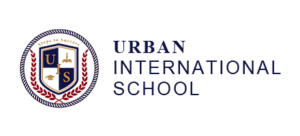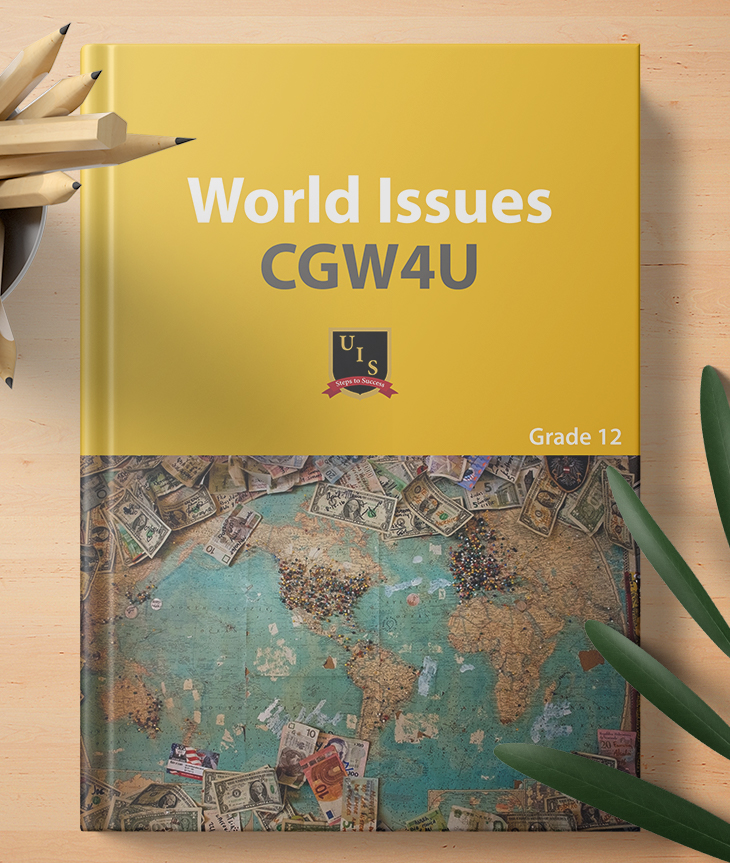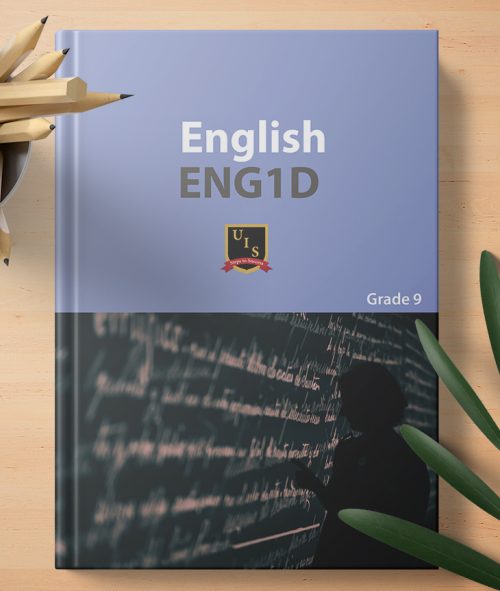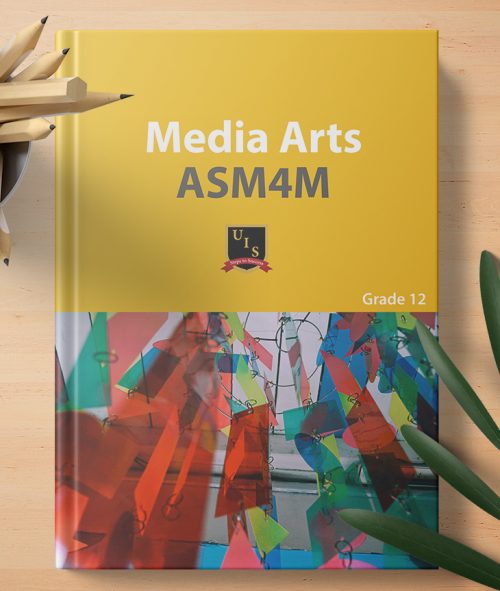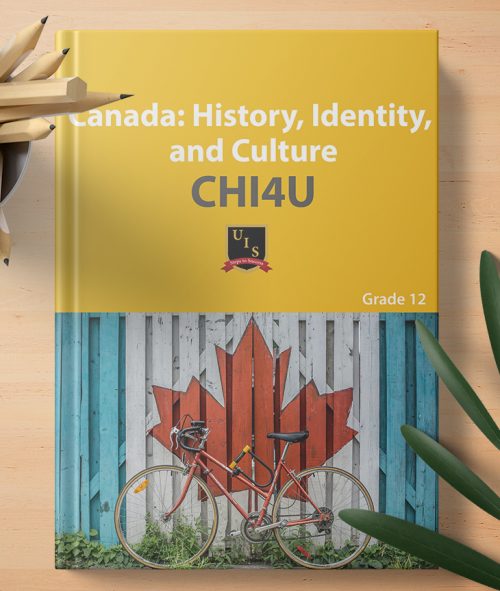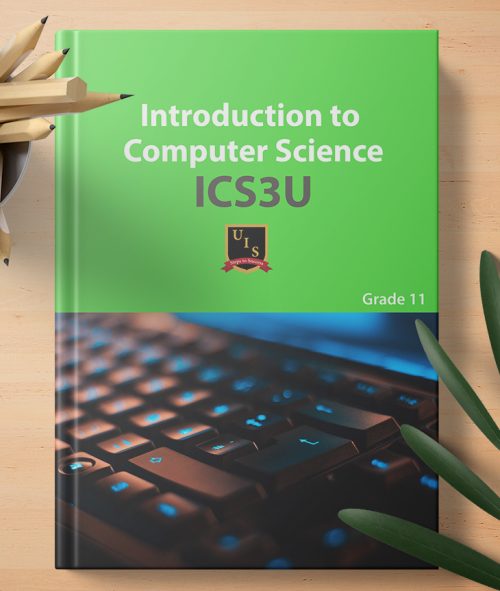In this course, students will address the challenge of creating a more sustainable and equitable world. They will explore issues involving a wide range of topics, including economic disparities, threats to the environment, globalization, human rights, and quality of life, and will analyse government policies, international agreements, and individual responsibilities relating to them. Students will apply the concepts of geographic thinking and the geographic inquiry process, including the use of spatial technologies, to investigate these complex issues and their impacts on natural and human communities around the world.
World Issues: A Geographic Analysis
$1,200.00 CAD
COURSE OVERVIEW
Course Code: CGW4U
Course Type: University
Prerequisite: Any university or university/college preparation course in Canadian and world studies, English, or social sciences and humanities
Credit Value: 1
COURSE DETAILS
Unit 1: Introduction: Canadian & World Issues
Unit 1 provides a foundation for understanding the terminology and key issues presented in the remainder of the course. This unit familiarizes the students with the issues relating to human and environmental geography and introduces them to the skills and technology used in geographic study. Students use issues analysis as a means to break down complex issues, cartoon interpretation to gain insight about how the media influences public perceptions of world issues and statistical and mapping techniques to understand global patterns. They begin to collect articles for the Class Resource File.
Unit 2: Population & Movement
The focus of this unit is world interdependence at all scales; international, national, regional, and local. Student will look at international demographics, population trends and tends in migration. From that students will analyze the rising migration rates of some regions around the world and what factors causes the shifts in migration. Students will learn about urbanization and population concentrations.
Unit 3: Challenges of Diversity and Disparity
In this unit, students examine the many differences in the world and the challenges posed by increasing global integration. Students are introduced to the study of geopolitics and the importance of homelands to cultural groups. Statistical analysis of economic variables in Canada and worldwide help students to see the varying levels of economic opportunity in a global context. As natural resources are distributed unequally around the globe, access to and ownership of them may determine economic disparity. The impact of these disparities based on historical and geopolitical factors, in combination with strong cultural needs and wants, have resulted in global conflict hot spots.
Unit 4: Sustainability of Communities
This unit introduces students to the concepts and terms associated with sustainability. Through the use of a number of activities such as surveys, examination of statistics and graphs, analysis of case studies and role-playing, students examine how different social, economic and cultural differences can influence people’s attitudes towards resource sustainability. Students research individuals and community groups who have contributed to sustainable community projects.
Unit 5: Geopolitics and Globalization
This unit introduces students to the concepts and terms associated with global concerns. Students will look at population, economies, conflicts and other world issues and analyze to imagine what the future may hold for Canada and the rest of the world. Students discuss conflicts and resolutions that can bring about positive change.
Unit 6: Media Study: Selections
Each student selects a global issue not covered in detail in the course and delivers a seminar towards the end of the course. Students collect a number of articles that reflect a variety of viewpoints on their topic. As the skill of critical reading has been developing throughout the course, analysis of the viewpoints presented is a key aspect of this task. They distribute one article that best expresses their perspective, develop a set of discussion questions with model answers, and create a map to analyse the spatial aspects of their issues. The reports include a summary of the research, questions, and model answers, a map, future predictions and a bibliography. Leading a seminar, based on independent research on a student selected topic, provides a forum for intellectual activity and the development of interactive discussion and critical analysis skills.
